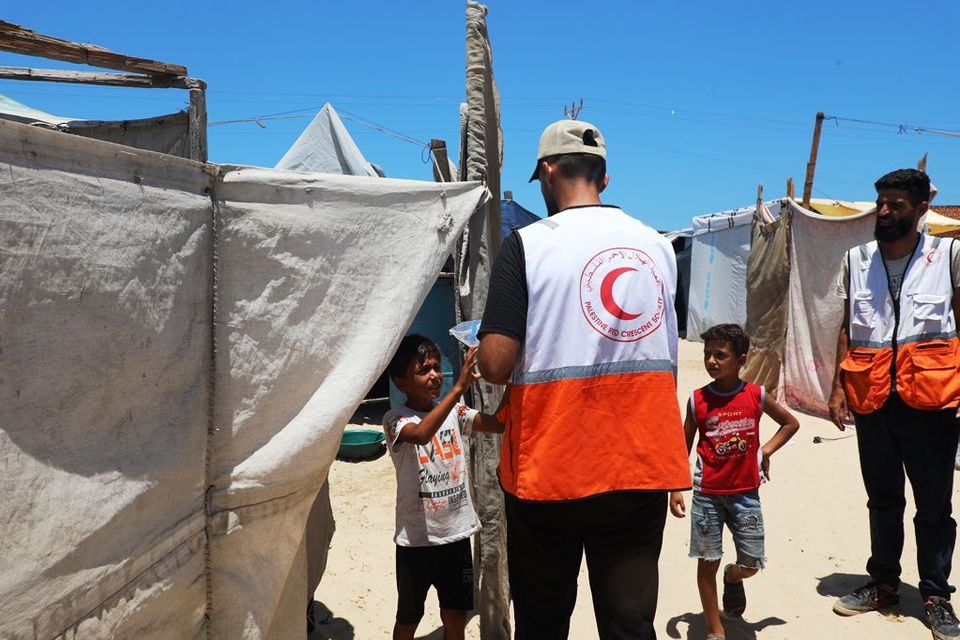Representatives of European Union countries in the Council of Ministers and the European Parliament are conducting final negotiations on new European Union laws on asylum and immigration. A new meeting is expected on Thursday between European lawmakers in an attempt to reach an agreement.
Meanwhile, EU migration ministers are meeting in Brussels to be informed of the status of negotiations, and many are optimistic that a migration settlement is in the works.
– I’m actually very optimistic. Clearly, some difficult questions still need to be resolved. “But we are relatively closer to each other than many people imagine we will be able to do,” Swedish Immigration Minister Maria Malmer Stenergaard (M) said before the ministerial meeting on Tuesday.
She believes that the increase in the number of asylum seekers in many member states is creating pressure to agree on this issue.
The proposal was put forward in 2023 by EU Migration Commissioner Ylva Johansson, who is also involved in the negotiations. She also believes the asylum and immigration package could be completed soon.
– It is clear that the participating legislators are not in complete agreement, but I must say that the atmosphere is very constructive. “So I think we will reach an agreement,” Ylva Johansson said.
According to Immigration Minister Malmer Stenergaard, it was above all Parliament that approached the position of the member states.
– Rather, there was another movement in the direction that the Council wanted. This means it is a very tight product and I have high hopes that we will get relatively close to the Council’s position. This is also what Sweden hopes for, Maria Malmer-Stenergaard said.
The European Union Parliament had previously called for a certain redistribution of refugees among member states. But according to information, they are retreating from this position. Czech Interior Minister Vit Rakosan insists that redistribution is something the country cannot agree to.
– Rakosan said the red line is simply that the Czech Republic will never accept mandatory resettlement quotas.
Romania and Bulgaria remain banned in the Schengen Area
Earlier this fall, there was hope that EU countries at today’s ministerial meeting would be able to vote on allowing Romania and Bulgaria to join the Schengen Passport Union. The committee decided that both countries meet the requirements. But two countries – the Netherlands and Austria – continue to block the resolution, which requires unanimity.
– Schengen should be better, not bigger. Austrian Interior Minister Gerhard Karner said Tuesday morning that it is crucial for the European Commission to invest heavily in protecting external borders and take measures to make these external borders safer.
But what exactly he is asking the country to release from Romania and Bulgaria’s veto is unclear.
Immigration Commissioner Ylva Johansson still hopes she can persuade the Netherlands and Austria to actually change their minds this year.
– I will use [dagens ministermöte] “To find out the extent of Bulgaria and Romania’s readiness to join the Schengen Area,” Ylva Johansson said.

“Unapologetic writer. Bacon enthusiast. Introvert. Evil troublemaker. Friend of animals everywhere.”






More Stories
Harris after meeting with Netanyahu: We will not remain silent
Horrific Fire in 'Escape Room' – Chained in Flames | World
Survey shows a huge gap between developers and their managers